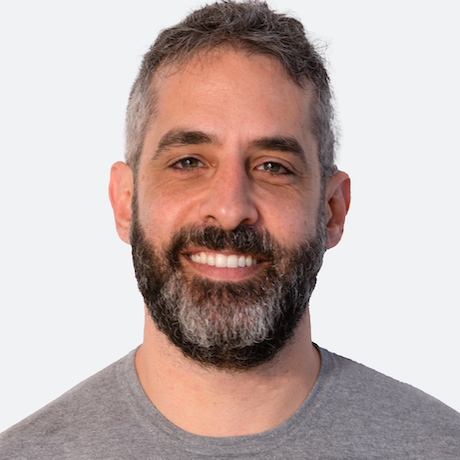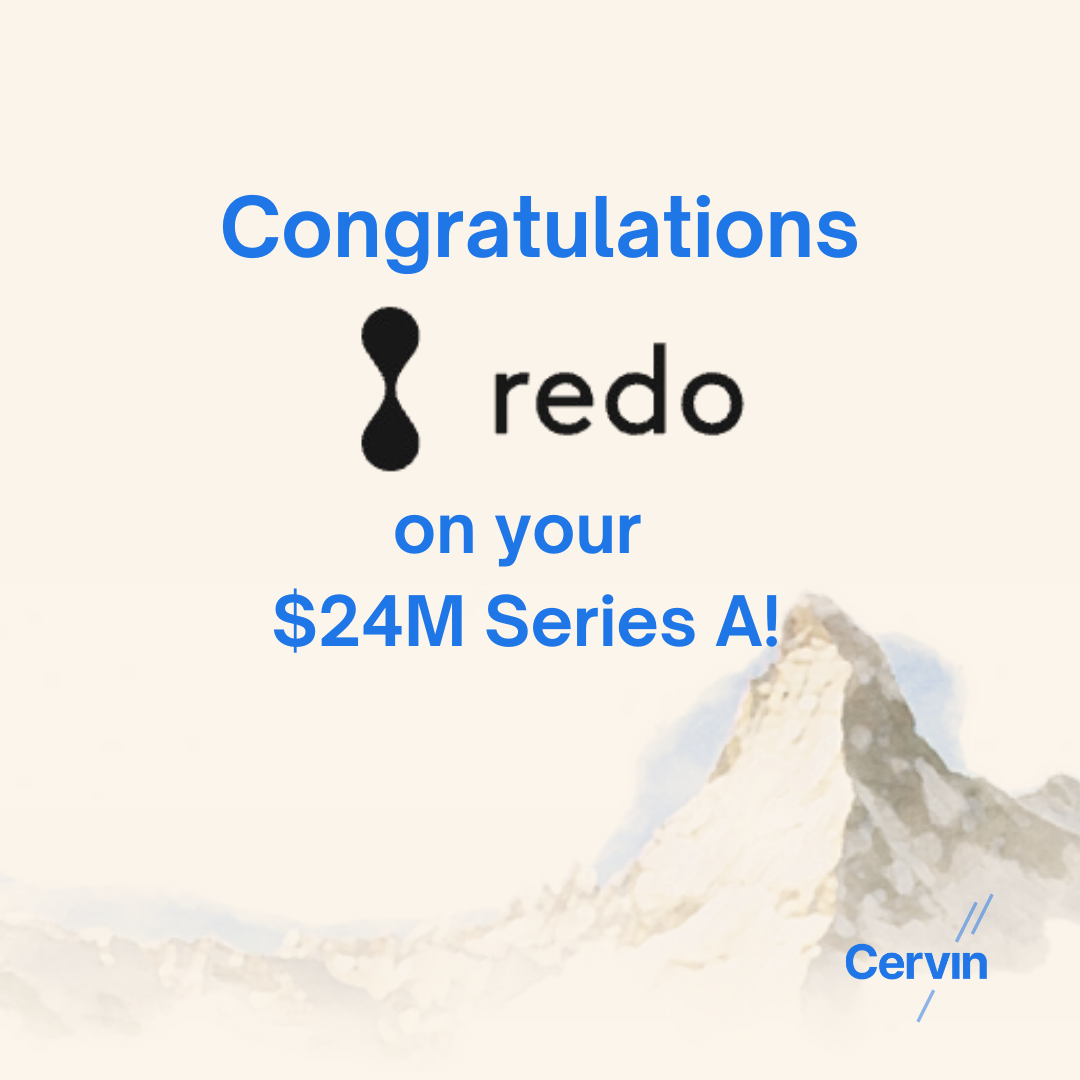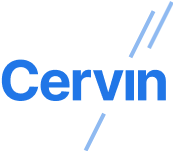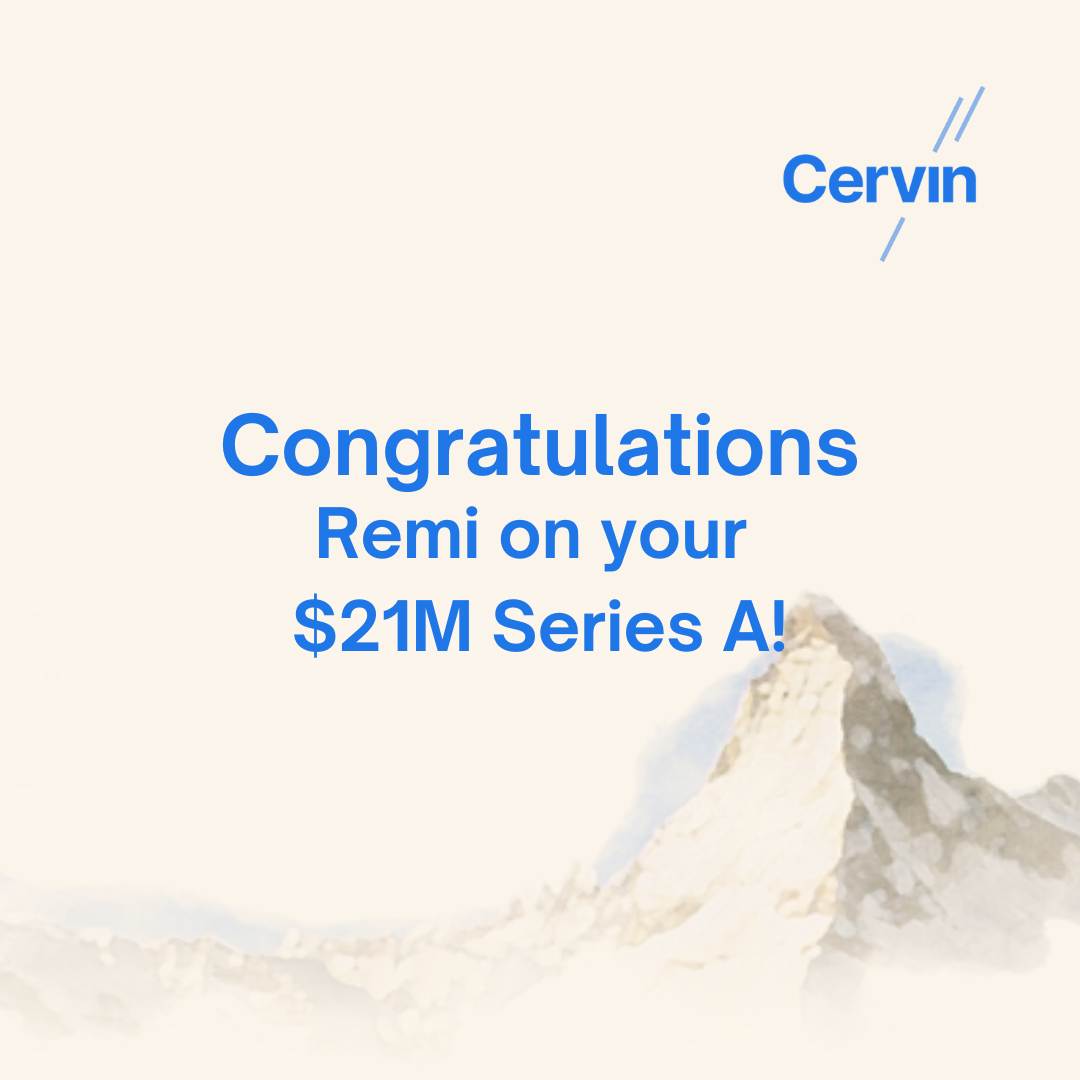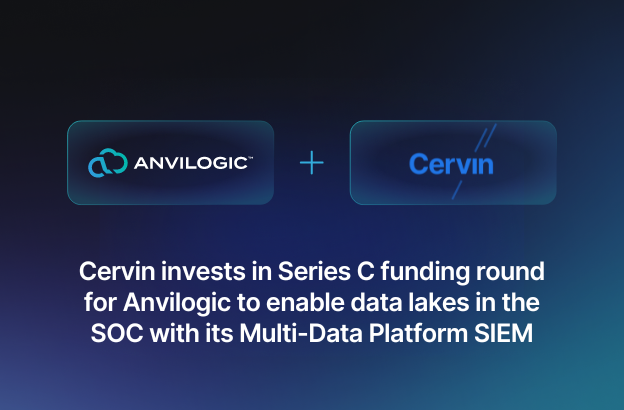DK: We’re seeing quite a bit of that approach in the last few months. So moving on to the next question. At your former company, Gigya, you were one of the first employees, but you were not a founder. At OwnID you are a founder. What surprised you about switching from an employee to a founder? And what did you learn from the founders of Gigya that you’re implementing now?
DS: Two things come to mind.
One is don't fall in love with your own product. You could have the most amazing idea and something that looks amazing, and everyone loves it and thinks it's great; it's going to conquer the world. But if you cannot sell it, or it's something that no one wants, you may need to go back to the drawing board and rethink it. I've seen many newcomers falling into the same trap. They think that what they have is great. They have one client and they go to expand and they realize that not as many people need it, or that it is not as superior as they thought.
The other thing I learned from the founders of Gigya is that there is no such thing as impossible. So whether it's a go-to-market strategy or part of a product or a technology, if something seems impossible, maybe it means that no one did it before, or perhaps it means that it's not the right way to do it, but that doesn't mean that it's not possible. I've seen cases both at Gigya and at OwnID, where things that seem impossible or that people tell you will never work, sometimes actually work the best. That may be a differentiation between competitors and us and the market in general, taking things to the next level and doing them in a unique way that no one has done.
DK: What questions do you ask yourself about OwnID every morning when you wake up?
DS: So first, let’s start by saying that it’s not just mornings; it’s constantly on my mind. I think that’s the only way it can work. When it comes to OwnID, I think about where I want the company to be, ultimately. We have goals, and we must constantly think about how we will get there and if we need to make changes. We have to understand what works and what doesn’t work in marketing, sales, finance, product, tech, and basically every aspect of what we’re doing. We need to think about what we can do in the product to change user experience and technology. For go-to-market activities, we need to get to a point where we’re doing things that are unique to us and more creative. What I want to do is to have prospects understand what our clients already know. Our clients understand the value we bring them because it shows in the data. Prospects need to understand the same thing.
DK: I think that what seems apparent to me is that, it almost feels like there’s a part of your brain that is just focused on OwnID and it becomes part of life.
DS: It’s part of the day to day. In between things that I have - with my family, before I go to bed, and the moment I wake up, all those moments of the day automatically get filled by OwnID topics, by ideas of how we can grow in every aspect of the business.
DK: Moving on to the next question - When you started off with Rooly (OwnID’s co-founder and CPO), you were two people just exploring an idea. Now the company has about 25 employees and a very good customer base of top-notch names. The team has obviously evolved across the board, in every function that the company has. How are you thinking about your role? How has it evolved over time and how is it going to evolve as time moves forward?
DS: From day one, founders need to do everything to help form their business. For example, in the early days of OwnID, I made the first proof of concept and mock-ups. I sold to some clients, and was on sales calls. When you’re just starting, and there’s just two people, you have to do everything; there’s no other way. And then, as you grow, you still need to be heavily involved in everything. I’m still involved with a lot of things, maybe not as I was in the early days, but I’m still very heavily involved. And again, there’s no other way because part of building a successful company is building a successful DNA and base, and to do that, you need to be everywhere, in all aspects. As a company grows, you can delegate things, and if you build them right, they will work exactly as you want them to. You might still need to check every week, sometimes every day, what’s going on with different things, but the more the company grows you have to empower. There are only 24 hours a day. There’s no way you can deal with everything. In a nutshell, that’s how I see the evolution of a CEO.
DK: What do you think are the most important traits that an entrepreneur and a CEO should have?
DS: The most important trait is self-criticism. It doesn't matter what you're doing; you always need to measure yourself. For instance, with product development - let's say that we're creating a feature, and the feature is expected to increase conversion by X%, but it ends up not getting there; we need to understand why, to get the metrics and analyze them. There may be something else we need to do. We can't expect everything we're developing to succeed. Self-criticism is about understanding how we can improve. I mentioned the product, but it's not just the product; it's the go-to-market strategy, the sales motion, marketing activities, or strategy. Everything needs to be criticized on almost a weekly basis to understand the things that we need to change and how we change them to improve the KPIs that we're tracking.
DK: You’ve been an entrepreneur for about a year and half now. What advice can you give aspiring entrepreneurs? What’s the most important thing they should be thinking about?
DS: Just one word. It’s passion. You need to live and breathe what you are doing. You need to understand the market, the clients you’re working with, and end users. You need to understand all of that and it needs to come from within you. This is something that cannot be simply read in a book or an article. It’s something that you should think about on a daily basis. You need to understand the problems and you need to understand why the thing you’re building will fix those problems. If you don’t have that passion, it’s not going to work.
DK: Dor thanks a lot for spending time today with me. We are very excited about the future. This is going to be a big year for OwnID. There’s lofty expectations and lofty goals, but the execution capabilities are beyond belief. We’re very excited about the opportunity to partner with you guys, so thank you.
DS: Thank you.
